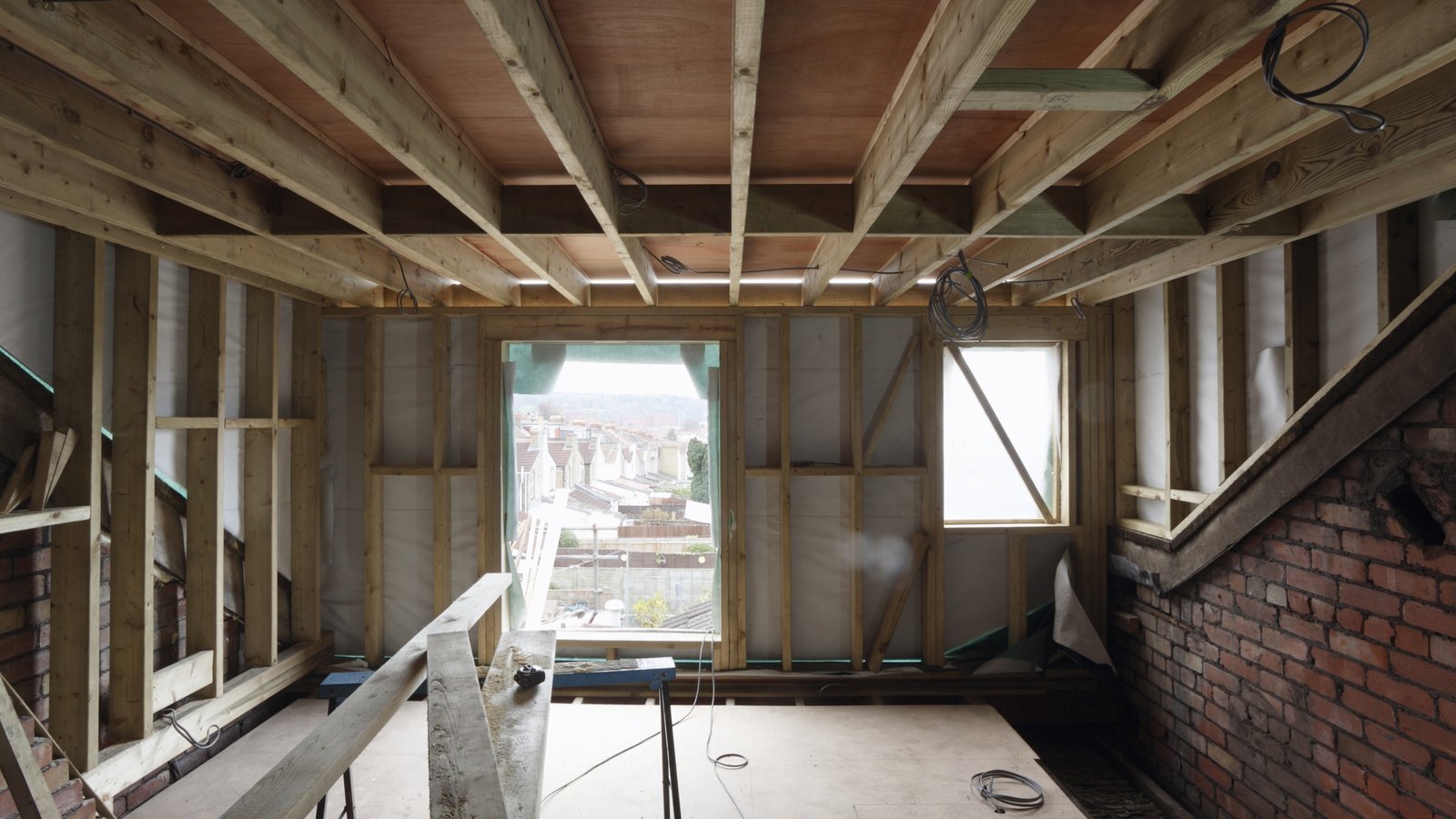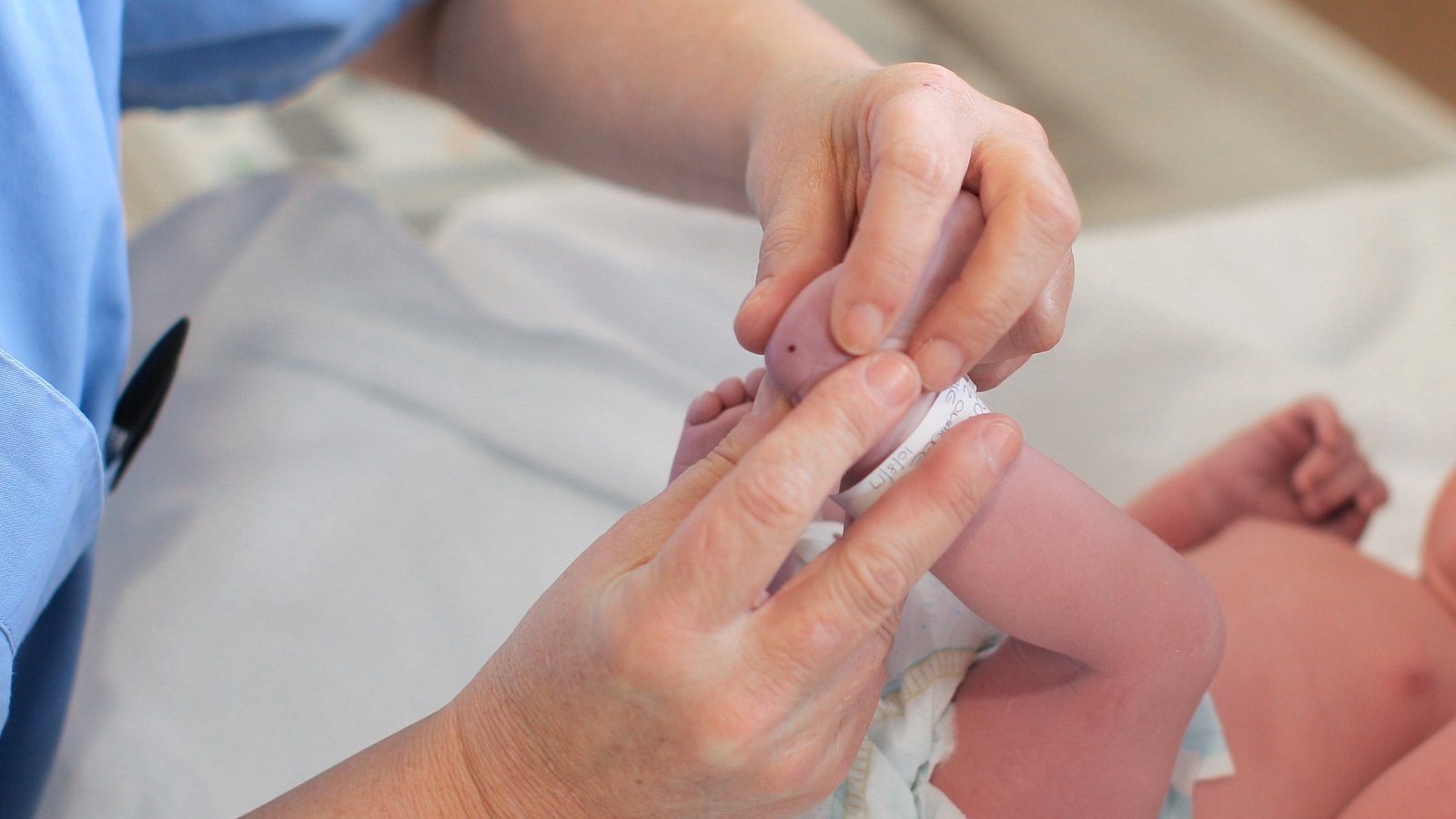Crunch time for group dealing with profound moral issue
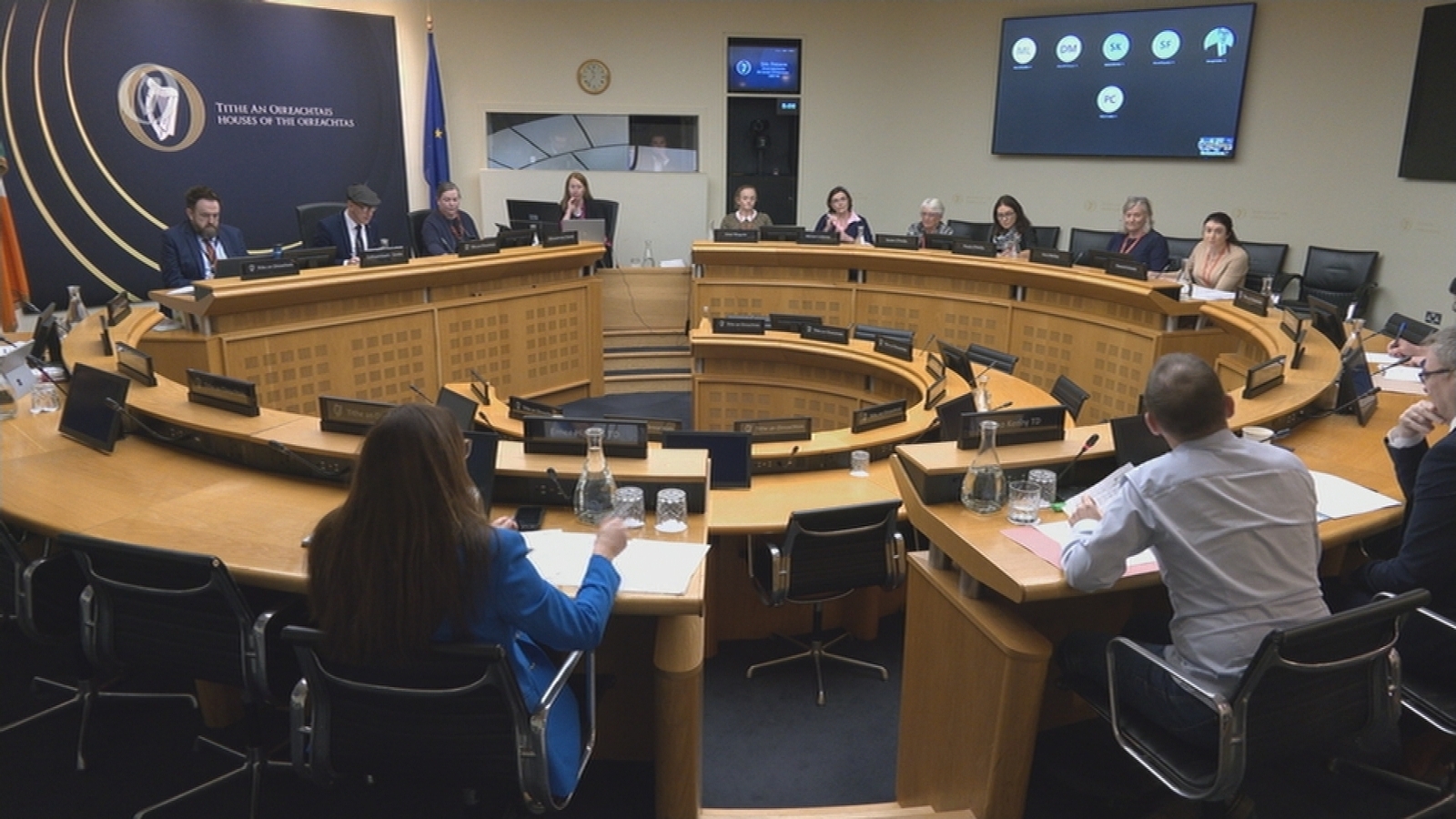
Should Ireland legalise assisted suicide, or euthanasia, for terminally ill people?
That’s a question the Oireachtas Joint Committee on Assisted Dying has been grappling with since last June.
It’s reaching endgame: the final public hearing is scheduled for 13 February, after which the cross-party group of nine TDs and five senators will draft their final report.
Publication date is 20 March.
It’s open to the Committee to recommend no change; propose legislation; recommend a Citizens’ Assembly; or suggest that a plebiscite is held.
What will they do, given the issue is so polarising?
The Committee chair, Michael Healy-Rae, told me that compiling a report will be “very, very difficult” but, he added, “it must be done and we have to come together to do that.”
What gives him some comfort is the fact that, despite widely differing views, Committee members were “extremely dedicated” over the past nine months and did “an excellent job.”
That said, he acknowledged that it might be impossible to agree on a unanimous position.
He said: “The report might be based on a majority, with a minority expressing their view too.”
In a preparatory document, the Committee was informed that there are at least 27 jurisdictions around the world that already provide some form of assisted dying.
It noted that “euthanasia” involves a doctor, or healthcare professional, as the person who “acts last” with the intention of ending a life.
This differs from “assisted suicide” in which the person seeking to die “acts last” i.e. they are the one to administer the drug, or the means selected to cause death.
Over two dozen public sessions, the TDs and Senators engaged with national and international witnesses about the morality of the issue, as well as the mechanics.
Fianna Fáil deputy John Lahart said these witnesses “brought a wealth of knowledge and experience and provoked much reflection and probing”.
He said that many Committee members experienced “oscillating responses to witness testimony” and “these final few weeks as we come to drafting a report will be interesting”.
It certainly will.
Deputy Gino Kenny of People Before Profit tabled a Private Members Bill on the issue as far back as October 2020.
He hasn’t wavered in his view that the Committee should recommend that legislation to legalise assisted dying is enacted.
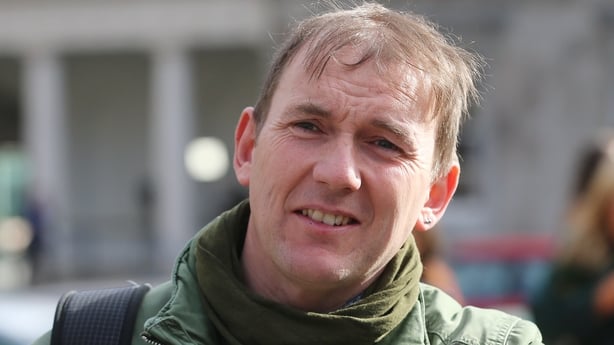
Deputy Kenny told me that the Committee has “thoroughly scrutinised a very complex issue”.
He said: “I feel in principle a majority of those on the Committee empathise and support assisted dying in specific circumstances.”
The PBP TD for Dublin Mid-West added: “I really hope that the Committee can reflect public opinion and make a recommendation of legislative change on assisted dying in Ireland.”
Should the Committee recommend legislation is adopted by the government, either the Minister for Health or the Minister for Justice would be responsible for drafting a memorandum on the basis of the Committee report and bringing it to Cabinet.
To become law, any proposed legislation on assisted dying would have to pass both Houses of the Oireachtas before the General Election is called.
However, if the bill is still stuck in the legislative process by the time the Taoiseach heads to the Áras to dissolve the 33rd Dáil, then it simply falls.
Some on the Committee believe the best choice would be to recommend “no change” to the existing law.
Independent Senator Ronan Mullen feels that while the Committee hearings have been wide ranging, he is concerned that they “… have not explored in depth the effectiveness of any safeguards.”
He told me: “What was most striking at the hearings was the consistent international testimony of how euthanasia and assisted dying regimes can, and do, freewheel out of control.”
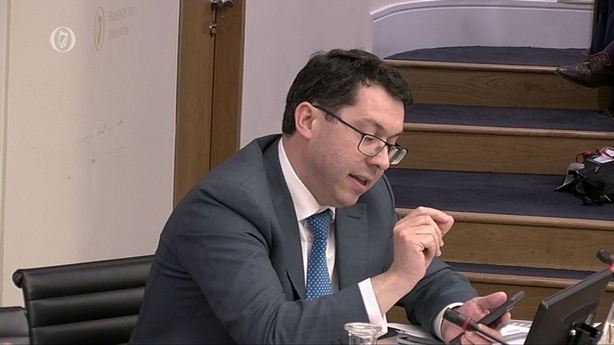
The Senator added: “Some people seem to think that Ireland will be different, that our exceptionalism will somehow show. I don’t share that view. Nor do nearly all our palliative care nurses and doctors, nor those in psychiatry.”
The Committee’s preparatory document, seen by RTÉ News, records how Marie Fleming, a 59-year-old terminally ill woman living with multiple sclerosis, challenged the law criminalising assisted suicide here.
She lost her case in 2013, when the Supreme Court ruled that the right to life, under Article 40.3.2 of the Constitution, does not have a corollary right to die.
The ruling means that the law, as amended in 1993, remains unchanged: suicide has been decriminalised, but assisting someone to take their own life is an offence punishable up to 14 years in prison.
It is notable that the Supreme Court described Ms Fleming’s case as “tragic” and chose to make an observation.
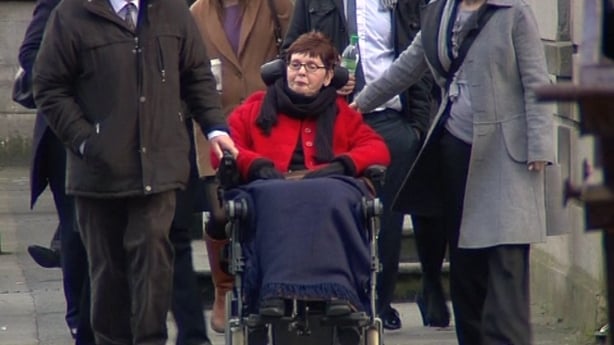
It stated that nothing in its judgement should be taken as necessarily implying that it would not be open to the State, in the event that the Oireachtas was satisfied that measures with appropriate safeguards could be introduced, to legislate to deal with a case such as that of Ms Fleming.
That’s what the cross-party committee has been grappling with for the past nine months.
Labour Senator Annie Hoey feels everyone on the Committee has made valiant efforts to do the best they can with one of the most profound questions ever to come before the Houses of the Oireachtas.
She said: “I think the Committee has really tried to be as thorough and as investigative as possible, in the time afforded to us.”
As they now face into what she described as the “mammoth undertaking” of drafting a report, the Senator said: “Everyone was very focused on safety… and if and how to make good, safe, effective laws – can that be done? What are the international examples? What can we learn? And how can we propose the best legislation possible?”
The one member of the Committee who has had to button his lip is the chair.
Deputy Michael Healy-Rae told me he has a “very strong personal opinion on the matter” but, given his role, he had to keep that in check.
However, he declared that it’s also been “a privilege” to chair a Committee dealing with such a complex and weighty issue.
Should a majority of Committee members recommend that Ireland legalises assisted suicide, or euthanasia, it will give rise to a very political question: Is this something that the Coalition government wants to advance in the run-up to the next General Election?



